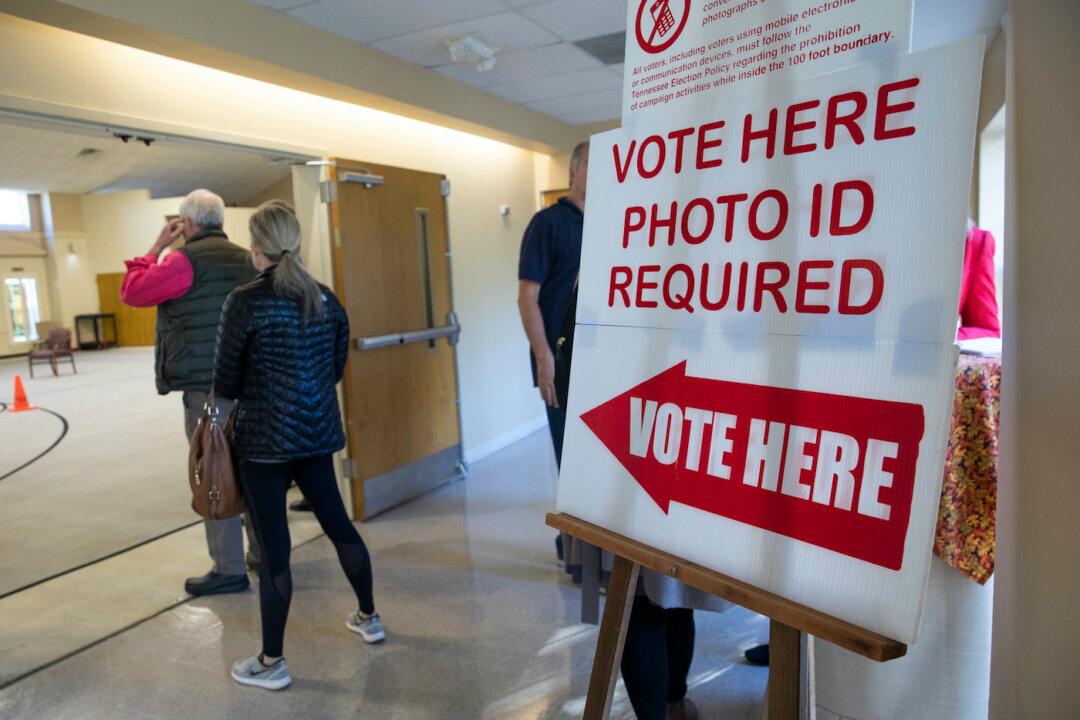Voters must show identification before voting in 35 states, but in Pennsylvania and 14 other states without the requirement, voter ID has become one of the election integrity issues that divides people along party lines.
Democrats believe requiring voters to provide ID will disenfranchise people, especially those too poor to obtain identification, although those who eat likely have ID. Identification is required to receive Supplemental Nutrition Assistance Program (SNAP) benefits.





